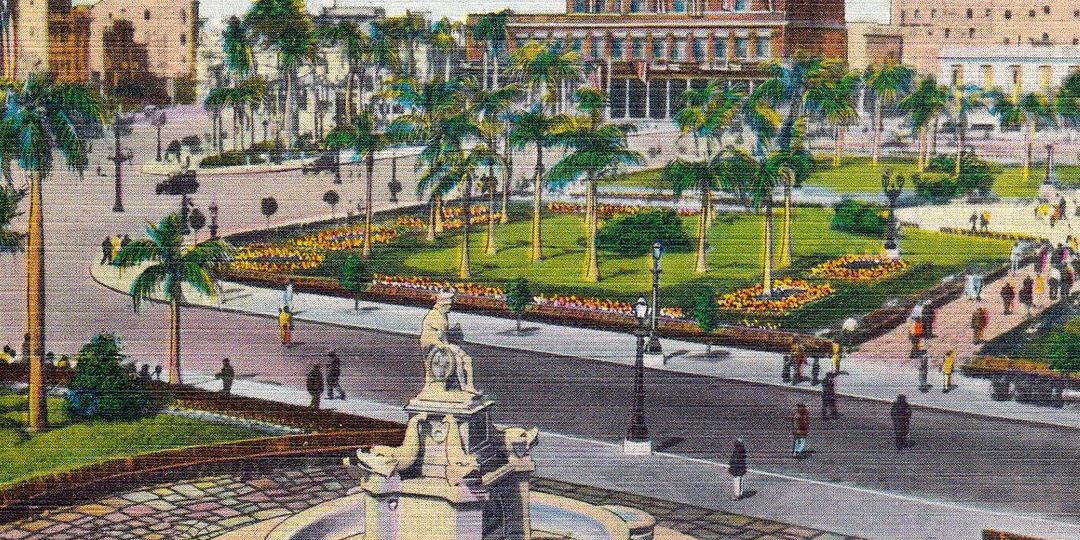Before Night Falls: A legacy preserved?
One late summer night, as the streets of Lisbon grew thick with a drum of voices bouncing against enamel walls, my girlfriend and I spent just over two hours in a very hot Airbnb watching Julian Schnabel’s Before Night Falls.
Based on Cuban writer and literary revolutionary Reinaldo Arenas’ memoir, Antes que anochezca, the film centres around the writer’s life as a persecuted novelist in rural Cuba, his imprisonment under Castro’s regime and his later life and eventual death in New York.
The episodic structure of the film mirrors Arenas’ own style, however it lacks the audacity and wit of the memoir on which it is based
Schnabel approaches Arenas’ life like a painter to a canvas, constructing a collage of memories. The film moves from the countryside of Oriente to the intellectual hotbed of Havana, and then to the grey and desolate New York City. The episodic structure of the film mirrors Arenas’ own style, however it lacks the audacity and wit of the memoir on which it was based. Whilst we see Arenas conversing with Latin literary figures like Virgilio Piñera, the film fails to convey the creative humour and hyperbolic excesses of Arenas’ revolutionary literature.
Despite this, the film does succeed in evoking the feeling of repression that defined Castro’s Cuba at Arenas’ time of writing. The claustrophobic imagery firmly places viewers in Arenas’ life of persecution. A scene set in a prison sees Arenas confined to a tiny, barely breathable cell. When he is then released, the scene serves as a visual example of the unending persecution and confinement of his early life, compounded by the viewer’s realisation that his release is an hallucination.
Public executions, police raids, and forced labour camps provide visual glimpses into the systemic homophobia of revolutionary Cuba. Yet they remain only glimpses, not wholly defined. The message of universal human tragedy that encapsulates the film eclipses the specific human context in which it is placed and which shaped Arenas’ life. In Schnabel’s choice to avoid overt anti-Castro rhetoric, he trades political activism for a more poetic image. While this has the benefit of making the film more accessible for a global audience, it risks flattening the world that Arenas’ words went to pains to make readers feel in his work.
The scene feels so truthful that the divide between film and reality seems to dissolve
Javier Bardem’s portrayal is magnetic in its vulnerability and beauty, humanising an otherwise mythic literary creature. When he is dying of AIDs in a New York hospital, a nurse tells him: “you’re going home” to which he replies: “to Cuba?”. His misunderstanding captures the pain of exile — even in the face of death, he can’t truly go home. The scene feels so truthful that the divide between film and reality seems to dissolve.
Though Schnabel’s film might temper Arenas’ overt political and sexual extravagance, it does not fail to honour his courage. The film ends with deep longing, a deep loss, as images of Havana and New York are intercut. Schnabel presents Arenas as a man split between freedom and isolation. The film may fail to fully capture the erotic intensity, poetic beauty and irreverent rage of Arenas’ life and prose, but it ensures that his art will long survive.
What struck me most whilst watching Before Night Falls was how Schnabel makes the repulsive, dirty and downtrodden elope with Cuba’s inherent beauty, a beauty which seems to seep out of the city’s economic and social decay. When Arenas flees the authorities, floating away from his life in nothing but a dinghy, he awakes on the beach as if from a deep sleep. When he is locked in a cell the size of a fridge freezer he is visited by motherly hallucinations of life outside the fort. The film is permeated with optimism, with delicate colours and scenes which never pay too much attention to the ugliness that festers within the spaces that Arenas and his friends occupy.
The streets of Lisbon hummed beneath where I was staying, but something equally as beautiful caught my eye that night.

Comments